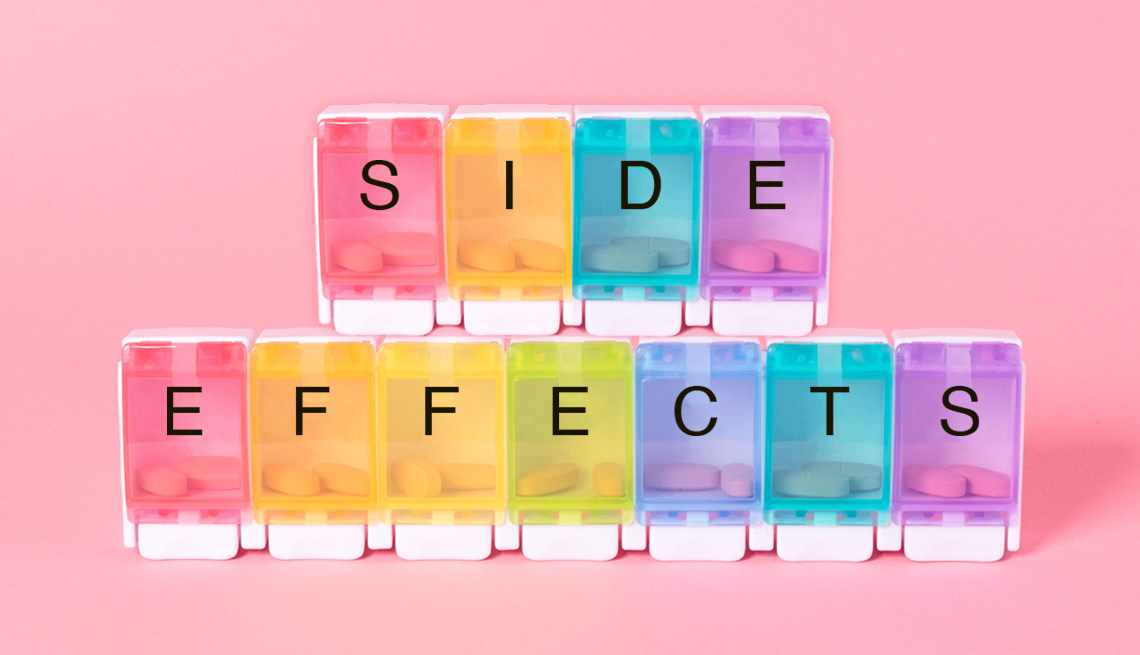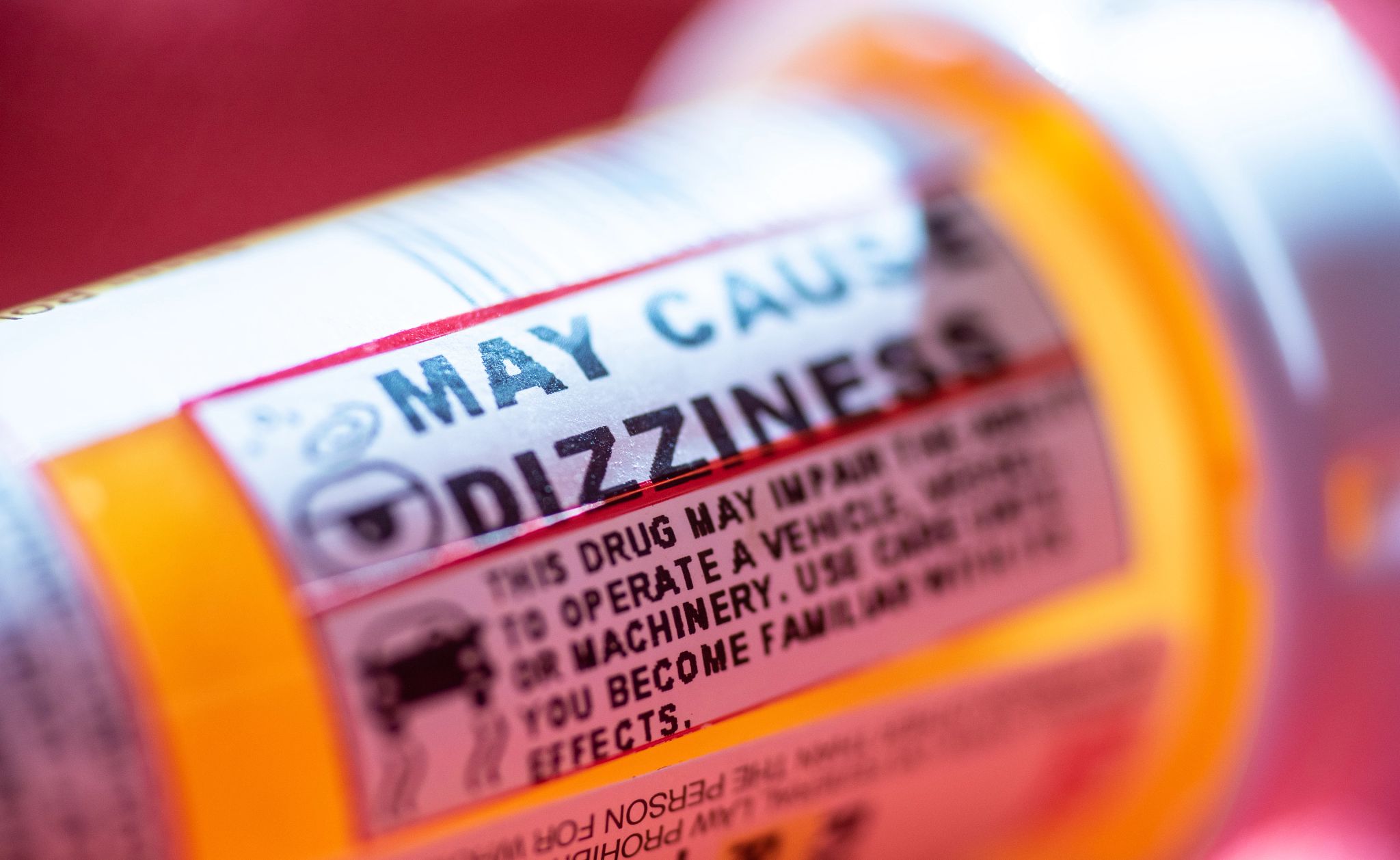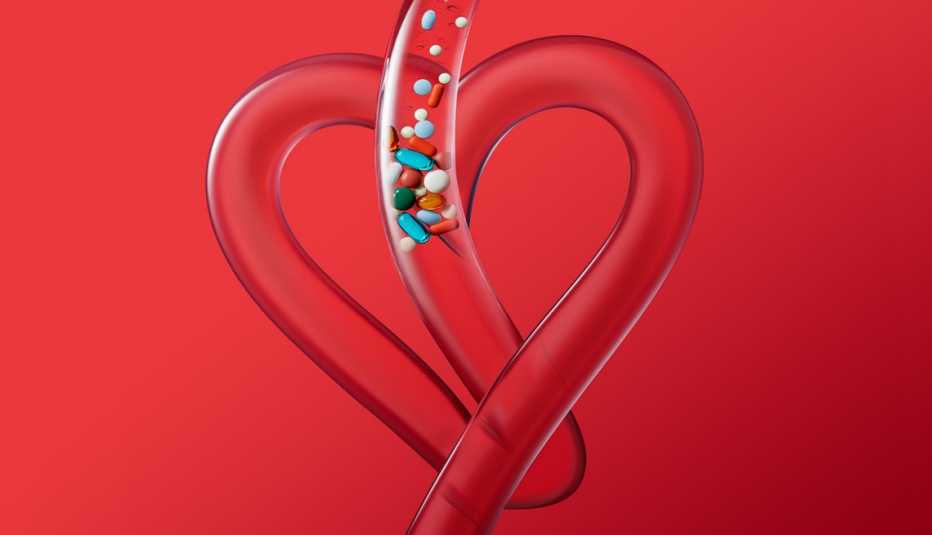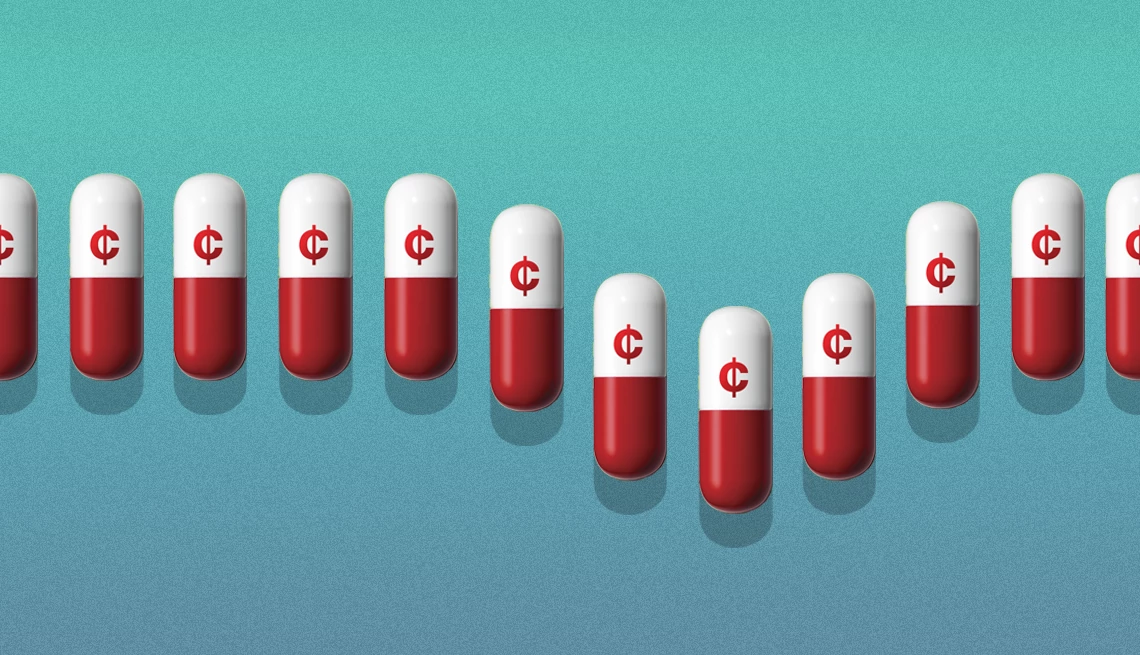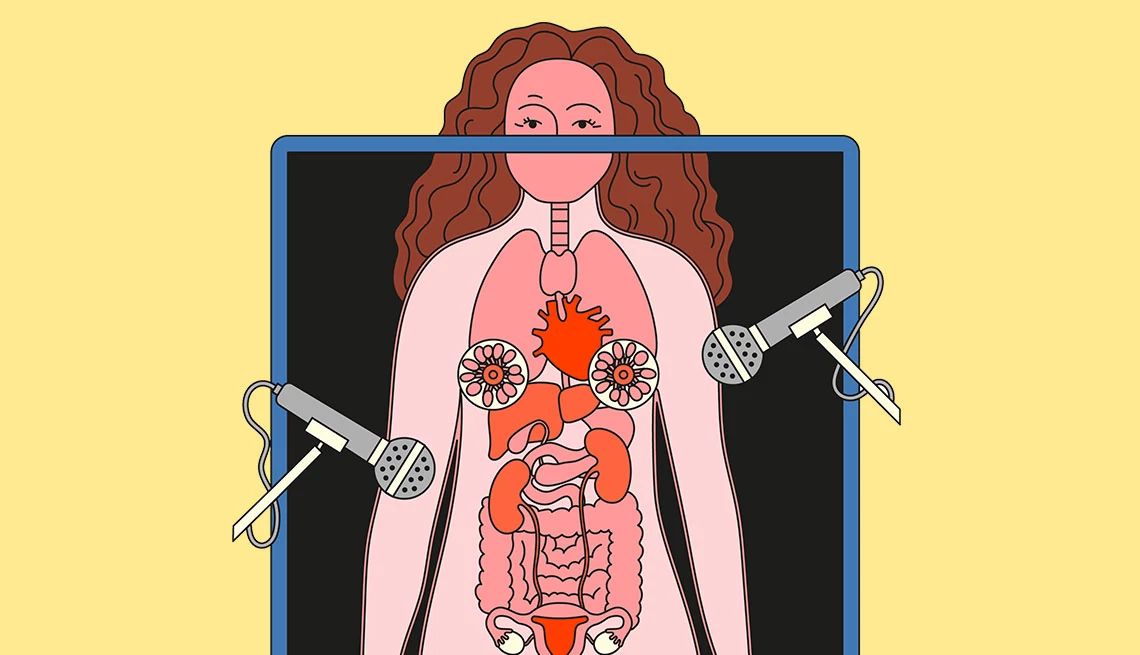AARP Hearing Center
You’ve been told you have high blood pressure. You may have tried to lower it by reducing the salt in your diet and exercising. This has helped, but your readings are still too high, and your doctor has prescribed a medication. Your blood pressure now looks good, but the medication is making you feel lightheaded.
You are not alone. Many medications used to lower blood pressure can cause side effects, especially in people who are older, which is the major reason people stop taking them. Common complaints are feeling lightheaded or fatigued.


Save 25% when you join AARP and enroll in Automatic Renewal for the first year
Get instant access to discounts, programs, services and information you need to benefit every area of your life.
Some people also only take medication when they “sense” that their blood pressure is high due to having symptoms such as a headache. This can be dangerous because most people have no symptoms when their blood pressure is elevated. That’s why it’s important to stay on your prescribed dosage and talk to your doctor about any concerns you have with the medications.
A study published in the journal Hypertension reviewed high blood pressure treatment in adults age 60 and older in clinics across the United States from 2008 to 2018. Researchers found that only 30 percent of patients had reduced their blood pressure to the medically recommended levels during outpatient clinic visits. The authors did not have specific information on whether patients either stopped taking their medication or reduced their doses, but other studies suggest that one reason was concern for potential adverse side effects.
Hypertension can lead to profound health risks, especially for older adults. That’s why it’s so important to understand what your blood pressure numbers should be, what the options for treatment are, how you can work with your doctor to help you improve your blood pressure and how to avoid the side effects of blood pressure medications.
What is your blood pressure goal?
Your blood pressure numbers are measured in millimeters of mercury (mm Hg). According to the 2017 American College of Cardiology and American Heart Association Guideline, normal blood pressure is less than 120/80, elevated is considered 120-129/less than 80, and hypertension is 130/80 or above. For older adults, the guideline states that a BP target greater than 130/80 mm Hg would be appropriate. While both numbers (top number — systolic, and bottom number — diastolic) are important, it is felt that in older patients, the systolic is much more important than the diastolic in determining a patient’s prognosis.


“While people over 80 years old are more likely to experience side effects [from medication], they also stand to gain the most from intensive blood pressure control through a proven reduction in strokes and heart attacks,” says Randall S. Stafford, M.D., a professor of medicine at Stanford University and an author of the 2017 guideline. He goes on to say that “this requires carefully balancing potential benefits and harms, rather than simply forgoing intensive treatment.”
Experts emphasize that care should be individualized. “As a general rule, the lower the blood pressure, the better, as this will reduce the risks of heart attack and strokes,” says James Sheppard, who researches hypertension in older people at the University of Oxford in England. “However, if an older person is prone to falling over, or experiencing dizzy spells, then it may be appropriate to reduce the amount of antihypertensive treatment they are taking and aim for a higher target, such as below 150 mm Hg.”
Is lowering blood pressure in older persons safe and effective?
A study published in the journal Circulation looked at older women and blood pressure ranges. “Our major finding was that in relatively healthy women ... aged 65 years or older, maintaining a systolic blood pressure below 130 mm Hg was associated with longevity,” or survival to age 90, says senior author Bernhard Haring, M.D.
Frailty is an important consideration for older people, especially when falls could lead to mobility issues. A sub-study of the SPRINT Trial, a large study on hypertension, published in Circulation, analyzed 9,306 older patients and found that 26.7 percent of them had frailty. Patients with frailty benefited similarly to other patients from intensive blood pressure control without an increased risk of serious adverse events.

































































